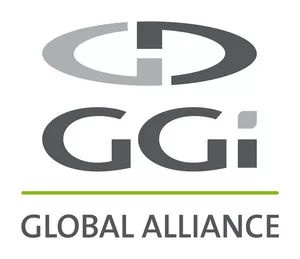- within Tax topic(s)
- in Middle East
- with readers working within the Accounting & Consultancy industries
- within Tax, International Law, Litigation and Mediation & Arbitration topic(s)
The 2025 Arrangements Law is poised to be a significant turning point in Israeli tax law, with a particular focus on corporate taxation.
Two key, interconnected measures in the new legislation are expected to fundamentally impact corporate tax planning, especially concerning the two-tier taxation principle, a cornerstone of modern tax systems.
The measure involves the expansion of the Israel Tax Authority's power to mandate dividend distribution in certain companies. This move is primarily aimed at companies with significant trapped profits that do not voluntarily distribute dividends. The Tax Authority's objective is clear: to increase state revenues from dividend taxation. This mandatory distribution could upset the existing balance of the two-tier taxation principle, which stipulates that company profits are first taxed at the corporate level (corporate tax), and then, only upon distribution as dividends, taxed a second time at the shareholder level (dividend tax). This compulsion infringes upon the company's freedom to determine its profit distribution policy and could lead to taxing profits not in line with the company's needs and future investments.
For parent companies within an international network, the implications are broad and complex. International holding structures which include Israeli subsidiaries may find themselves exposed to dividend distribution demands that do not align with their global tax planning and business strategy. Furthermore, a broader interpretation of the new Section 62 could affect how accumulated profits in Israeli subsidiaries are treated, and impact internal mechanisms for transferring funds within the group.
Our firm, as part of its international network, is committed to helping its clients understand the full implications of this legislation and prepare optimally, by reviewing existing holding structures and formulating effective tax strategies.
The content of this article is intended to provide a general guide to the subject matter. Specialist advice should be sought about your specific circumstances.
[View Source]

